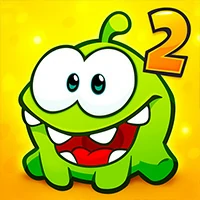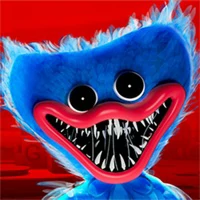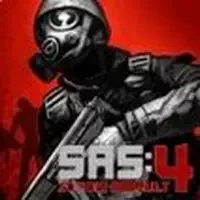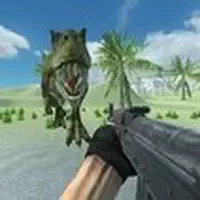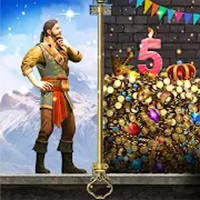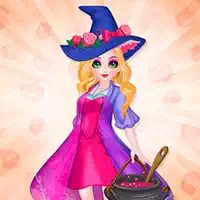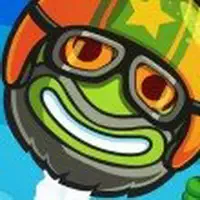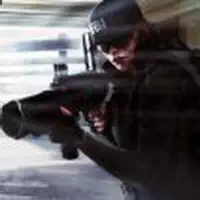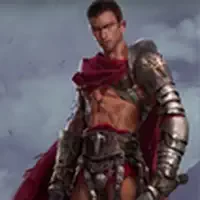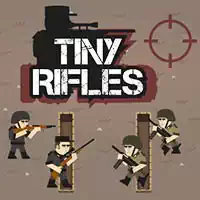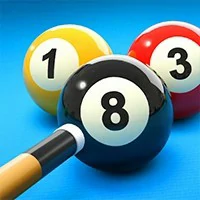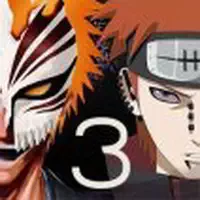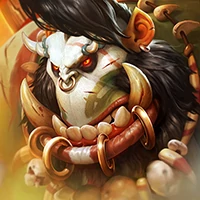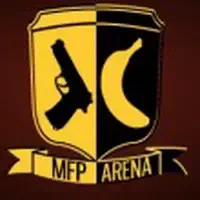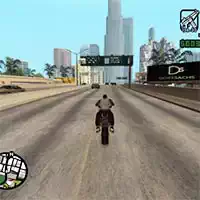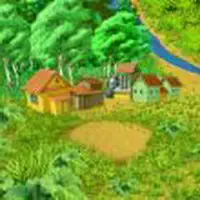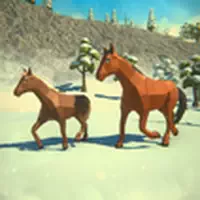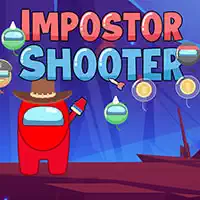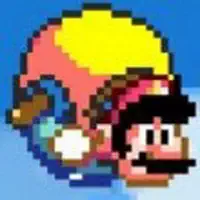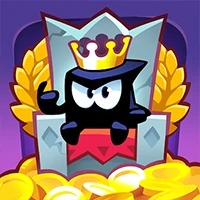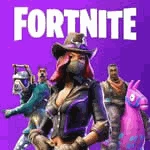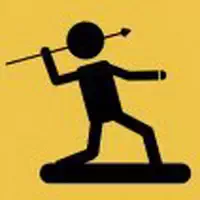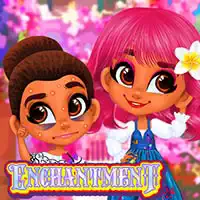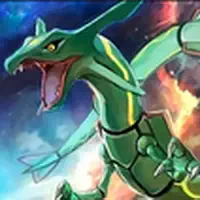This is an open game with a fixed plot. Players can live alone without being limited by the default plot and task. Many people like the fun of "talking" with interesting animal characters. By using the internal clock of GameCube, the game can be mapped to real time, so there are actual events, including independence day, Christmas, Halloween, or other regular activities, such as morning exercises and fishing competitions. Some players also deliberately adjust the time to travel forward or backward.The obvious goal of this game is to expand the player's house. The house is used to place furniture or props purchased and obtained in the game.Tom nock, the character of civet cat, will open a shop in the game and provide players with a loan (19800 bells) to buy their first house. The house is small and can only hold wallpaper, carpet and radio. After paying off the first loan, players can ask Rick to expand the house (148000 bells). The next day, the space of the house will increase immediately. After paying off the loan again, players can choose to continue to expand the house space (398000 bells) or build a basement (498000 bells). After paying off the loan again, Rick can let the player expand again (798000 bells are required).Furniture will affect Feng Shui. Placing items of a specific color in a specific location can increase the chances of finding bell coins or rare items. Feng Shui is also the basis for the scoring of happy house college. As for trophies and items received during special festivals, they are not limited by color or direction. If they are placed, the chances of earning money or items will increase.Good feng shui is defined as: placing orange furniture in the north makes it easier to find bells and items; Putting red furniture in the East makes it easier to find items; Putting the yellow furniture in the west makes it easier to find the bell; Placing green furniture in the south makes it easier to find Bell's money and goods.
Advertisement
Animal Crossing: Pocket Camp
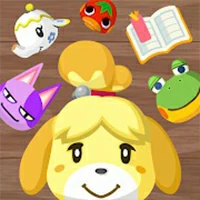
Animal Crossing: Pocket Camp
90%
PLATFORM: 



DEVELOPER:
SIZE:
DATE:
Nintendo
171M
2022/4/1
Advertisement
Browser Games Online
Description
Screenshots
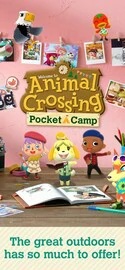
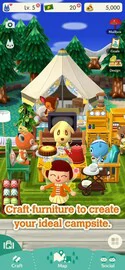
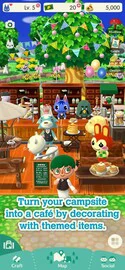
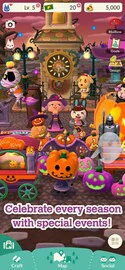
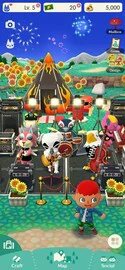
Play this game
Only H5 games can be played online
This is a mobile game which you can download to IOS or Android
Try playing similar online H5 game:
QUICK PLAYAdvertisement
More Games
Advertisement
